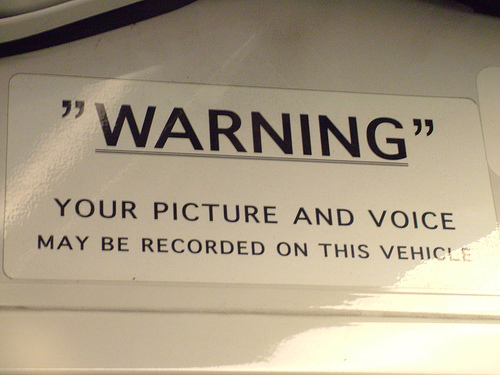The negotiations of the Maastricht Treaty (a.k.a. Treaty on European Union) addressed many important concerns for better, worse, or indifference. Negotiation at Maastricht was an undertaking that required delicacy. These negotiations revolved around creating the structure of a European Union. Once this structure was conceptualized many more detailed issues needed attention. By addressing these core issues a foundation for political union was formed. Maastricht was a feat of great negotiation that produced political union; however, ratification remained the final obstacle to be overcome for a true multi-country European Union to be realized.
Continue reading…
Posts tagged with 'fiscal'
Fiscal Policy
I. Legislative Mandates: Before the Great Depression, government may have affected the economy – maybe sometimes without knowledge it was doing so, but it certainly did not take it as it’s purpose to fiddle with the economy. But the Great Depression and the rise of Keysian MacroEconomics changed that. Once government knew what it could do – and how…it was just a matter of time before it decided it should.
Continue reading…
Surveillance Technologies
Surveillance is a double-edged sword. On the one hand it is necessary for security, safety, and a multitude of other reasons. On the other, it is a sinister tool ripe for abuse. Surveillance intersects with peoples’ lives in many ways. The three main intersections include in the workplace, as a consumer, and through the government. There are a number of surveillance techniques available to be used by these entities. These techniques are not mutually exclusive. However, certain techniques are more common to certain venues. Some of the more common techniques for each venue will be discussed. Surveillance is not restricted to any particular geographic location. Surveillance is commonly practiced around the globe to varying degrees.
Continue reading…



